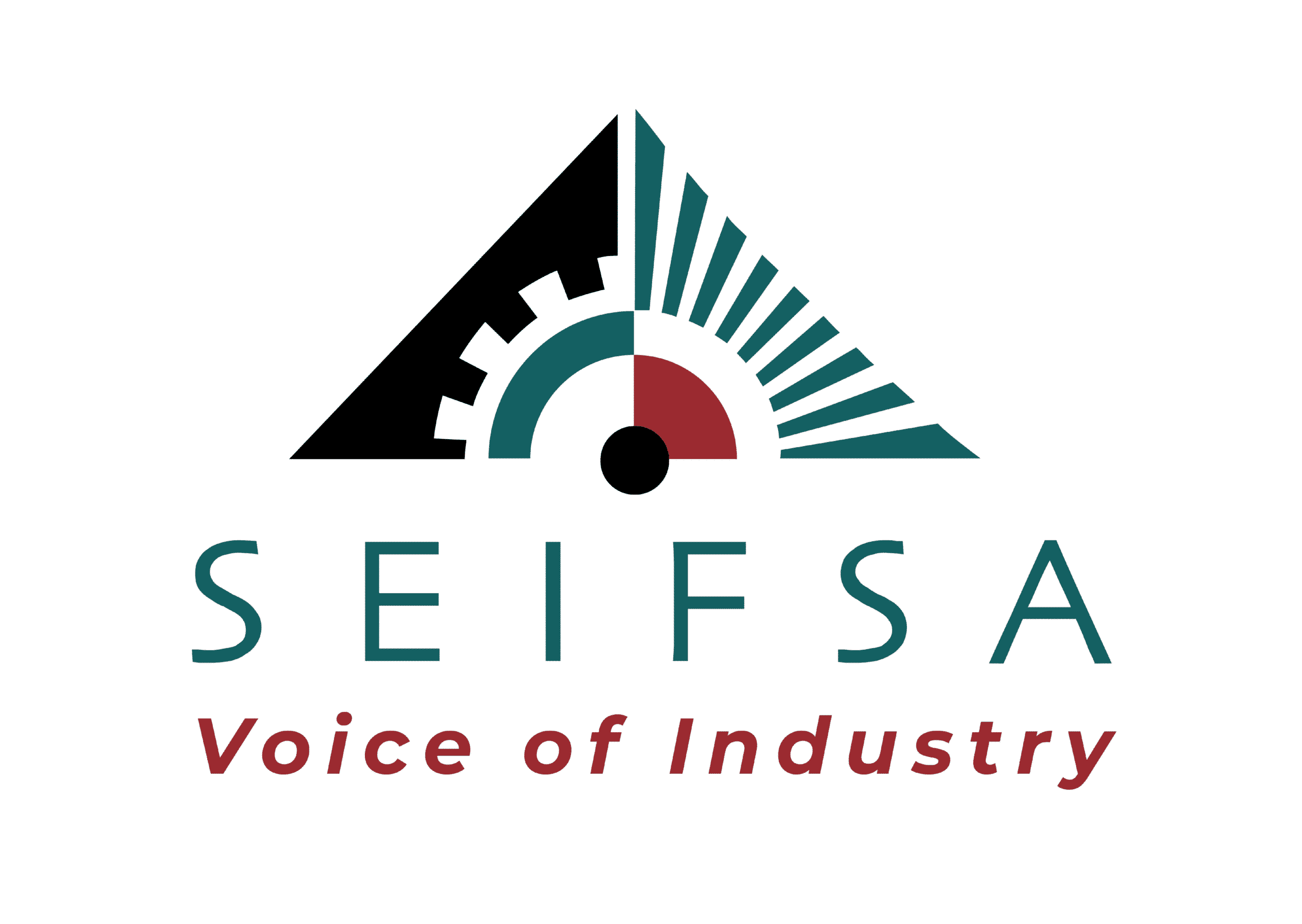South Africa’s metal and engineering sector, which is used as a measure of the overall economy’s performance is living through unprecedented times and we can confidently say we are facing a bleak year. The last three years have been extremely challenging and the next twelve months look set to be no less challenging.
The sector continues to face many risks and uncertainties such as the return of loadshedding, bottlenecks at Transnet’s sprawling logistics infrastructure and policy uncertainty ahead of the 2024 national and provincial elections. Confidence in South Africa is at a record low. And yet, the sectors recovery is crucial for the country’s economic prospects, as it has the potential to boost productivity gains for the economy, exports, investment, innovation and job creation. The number of ever-increasing unemployed people should instill a sense of urgency into fixing our economy. Failing that, we run the risk of entrenching the kind of poverty that can upend the social compact that underpins our democracy.
Times are tough in the country now. The news seems relentlessly depressing. Intense anger grows because so many of the problems closing businesses and killing jobs could have been avoided. Our disillusionment with the state of our country, industry and the future is normal, but once that’s registered, leaders across the board must find it within themselves to move the conversation beyond the doom loop.
Employers and trade unions at a Metal and Engineering Industries Bargaining Council (MEIBC) meeting on Tuesday, 30 January signed a landmark process or relationship agreement giving the green light for the commencement of the 2024 round of wage and conditions of employment negotiations under a set of rules, guidelines and guiding principles that to date have been absent from our engagements
Starting is easy, staying the course tests one’s mettle, finding common ground and closing the deal is a reflection of having found common purpose. But at the heart of the matter are the basis and nature of industrial relations in SA, which by definition place capital and labour permanently on opposite sides as adversaries.
In collective bargaining, only when the parties find sufficient intersections of common inputs to a solution to be generated is a deal possible. In a traditionally adversarial setting and particularly when the going gets tough and faced with the prospect of negotiations completely unravelling, the side that takes the first step towards the middle is most likely to get the best deal; if there is a middle.
This year industry negotiations take place against a landscape that is unprecedented. Bargaining partners are faced with a number of crises ranging from economic (energy, supply chain, inflation, interest rates etc.) socio-economic (rising unemployment, spiraling cost of living) and a macro and micro economic scenario that point to a sector that is showing very little prospects of real, meaningful, jobs rich, inclusive economic growth.
Yet, in spite of all these challenges the parties have signaled their intent to engage one another at the negotiating table. As a precursor to the formal engagement process the parties have framed in a signed agreement how they intend engaging and interacting with one another. Further, a pre-bargaining conference will be held in order to clearly understand the landscape industry finds itself, with the aim of understanding industry’s challenges, prior to each party returning to their respective constituencies for a mandate.
Parties this year have set themselves the ambitious target of settling withing the currency of the current agreement, which lapses on 30 June 2024. This amounts to an unprecedented achievement but then again, this industry is known for doing what most thought impossible.
In the final analysis, we have no option but to persevere, if we steadfastly stick to thinking we’re right and the other side is wrong, the centre won’t hold and collective bargaining will collapse. No common purpose, no industrial peace, no progress.
The process or relationship agreement brings together a spectrum of diverse ideologies between and amongst different employer and trade union groupings with the hope they can move forward in prosperity, tolerance and harmony, maybe impossible to imagine. But, as Lao Tzu so aptly puts it, \”A journey of a thousand miles begins with a single step,\” an inspiring reminder of the importance of taking that first step, regardless of the obstacles that may lie ahead.

